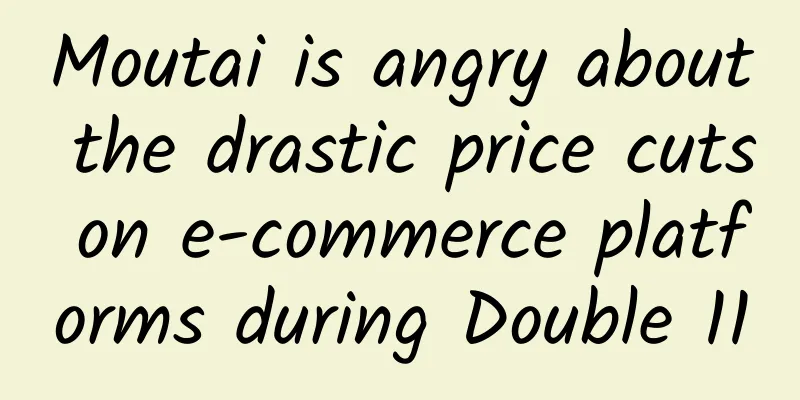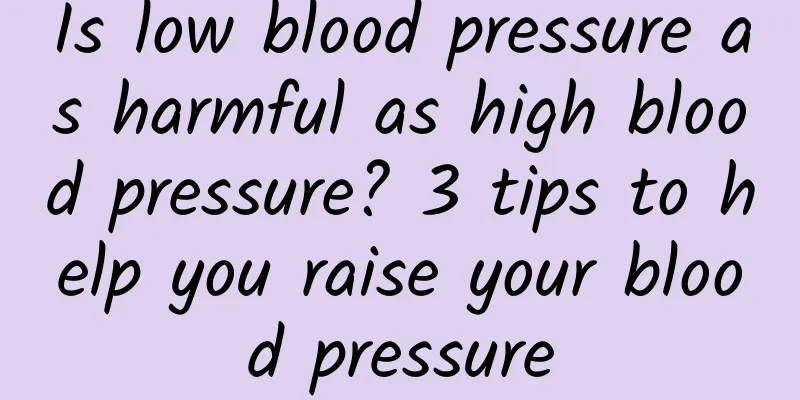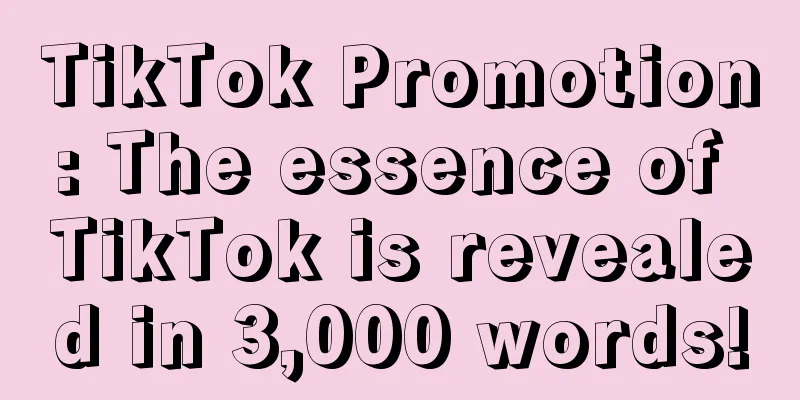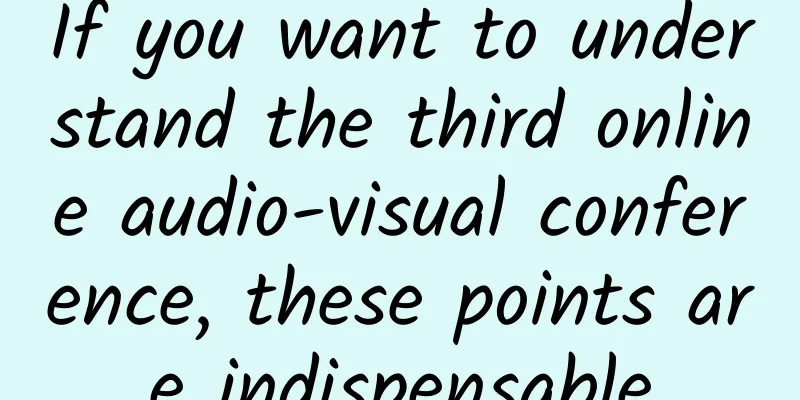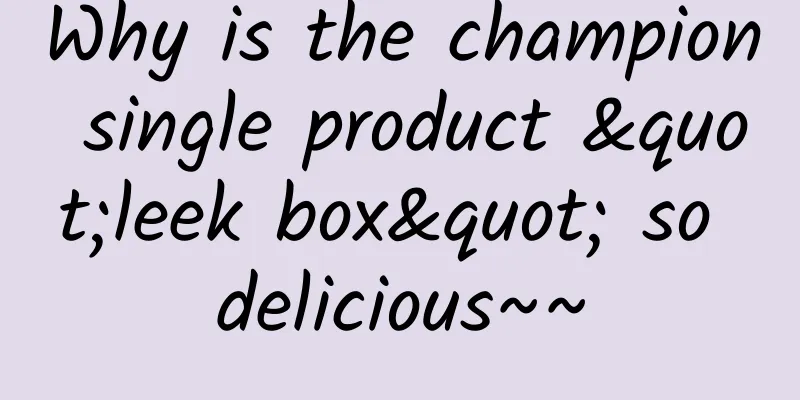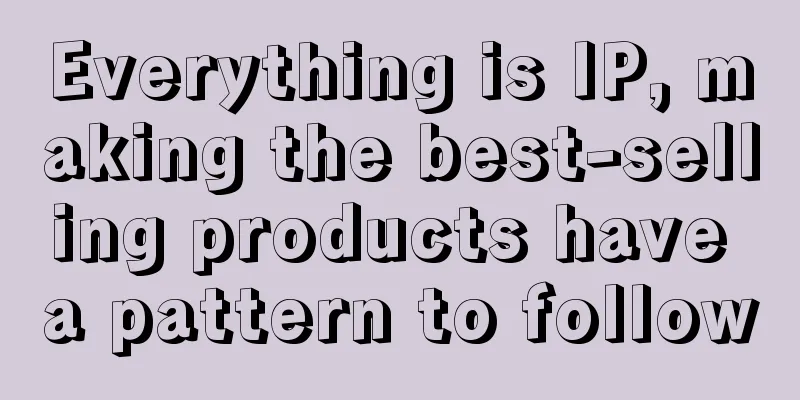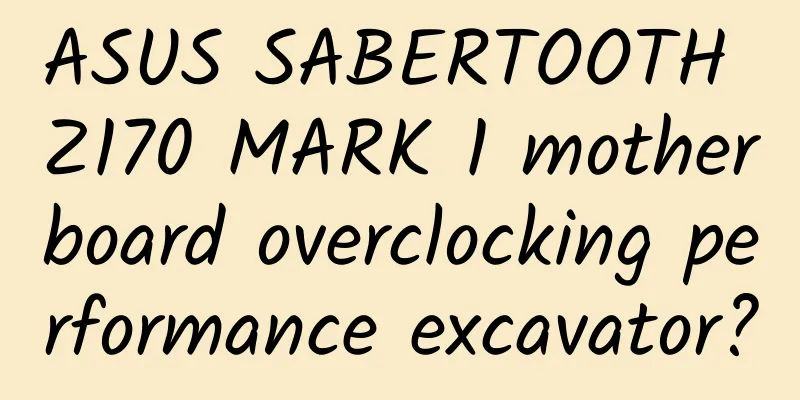The EU has introduced new regulations to control car companies and prevent the recurrence of the exhaust scandal
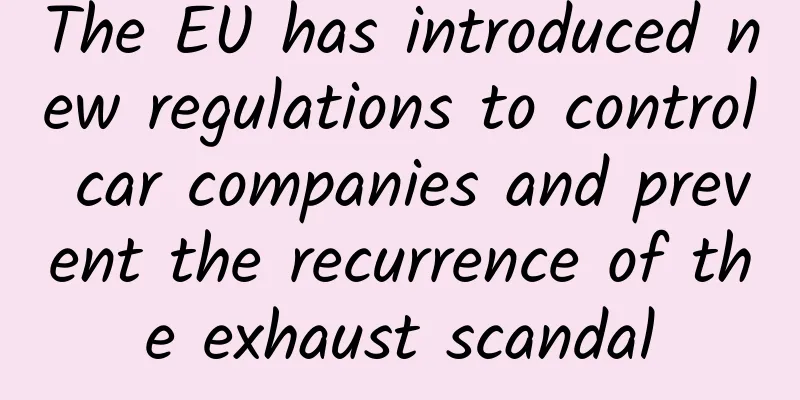
|
The European Union has issued new guidelines to its 28 member states on how to effectively control the widespread use of "emissions cheating devices", the most sensational of which was the Volkswagen "emissions cheating" scandal, in which the company used cheating software to pass EU emissions regulations. The guidance provides EU regulators with advice on how to effectively limit alternative emission reduction methods during the laboratory testing phase for type approval, and the preconditions under which such emission reduction methods should be allowed (in the case of exemptions). The guide also explains how such government officials can detect whether cheating devices are being used and tells them what testing strategies to watch out for. For example, sometimes emissions are higher during a hot start than a cold start. In addition, the guide provides other parameters, such as using a timer during the test or using a speed-controlled emission control system. Existing EU emissions testing rules are so unclear that after the global diesel scandal broke out in 2015, Volkswagen argued that its actions in Europe were completely legal. The EU has banned the use of defeat devices since 1998. European regulations allow automakers to use software or other technologies during type approval testing to reduce vehicle emissions below the required level, provided that the behavior is justified and technically necessary, such as to avoid engine damage. But Volkswagen's wanton abuse of this wavier clause and lax enforcement eventually led to its first global scandal in the United States. In the wake of the emissions scandal, the EU has begun to improve its testing procedures by introducing real-driving-emissions controls, which will replace laboratory tests with portable on-board emissions testing equipment. Another rule, which came into effect in May 2016, requires automakers to disclose and obtain authorization before using emission reduction procedures in any type approval test. Manufacturers also need to prove that such system limits will rise when conducting on-road emissions tests, which require driving a short distance for testing. There is no other better technology or design on the market today to improve emissions control or engine safe operation. Failure to adopt this strategy will cause "sudden and irreversible damage to the engine." When the new rules were published on January 26, 2017, Elzbieta Bienkowska, European Commissioner for Internal Market, Industry, Entrepreneurship and SMEs, clarified: “It is illegal to use these emission reduction methods during testing, unless it can be proven that they are in individual exceptional cases due to technical needs, and the burden of proof is on the car manufacturer. We will not tolerate any cheating in emissions control.” Kathleen Van Brempt, a Dutch Socialist member of the European Parliament who led a year-long investigation into emissions, told WardsAuto that the new guidelines were approved because they allow EU member states to tighten oversight of automakers, prohibiting them from shutting down emissions control systems outside of laboratory testing environments and eliminating the possibility of automakers abusing emissions control defeat devices (emissions cheating devices). After publishing the guidelines, Van Brapt wants to establish national type-approval authorities. If such authorities fail to properly handle similar incidents (for example, allowing car manufacturers to cheat in tests), this means that the EU member state will be blacklisted as violating type-approval regulations and the European Commission will take legal action against the country. As a winner of Toutiao's Qingyun Plan and Baijiahao's Bai+ Plan, the 2019 Baidu Digital Author of the Year, the Baijiahao's Most Popular Author in the Technology Field, the 2019 Sogou Technology and Culture Author, and the 2021 Baijiahao Quarterly Influential Creator, he has won many awards, including the 2013 Sohu Best Industry Media Person, the 2015 China New Media Entrepreneurship Competition Beijing Third Place, the 2015 Guangmang Experience Award, the 2015 China New Media Entrepreneurship Competition Finals Third Place, and the 2018 Baidu Dynamic Annual Powerful Celebrity. |
<<: Foxconn says it won't run away, but suspicions persist
>>: Volkswagen and Mobileye sign cooperation agreement to develop autonomous driving
Recommend
Gartner: Global enterprise IoT adoption is expected to reach 43% in 2016
Social media connection concept with mobile, note...
Hollywood actress' Tesla car caught fire, electric car battery safety questioned again
On Friday, June 16th, US time, McCormack, an Amer...
How much does it cost to develop a Wuyishan beauty mini program? Wuyishan Beauty Mini Program Development Price Inquiry
Mini programs provide convenience for publicity a...
Exclusive analysis: 4 ways to monetize mobile Internet! (Down)
Before the analysis, let me briefly explain my de...
Weighing only 1.1 grams, the fastest soft jumping robot is made in China!
Jumping is a very important ability for robots, w...
Just as it was gaining momentum, it was suppressed. The monthly sales of Zhijie S7 fell to 2,306 units. Why can't Huawei carry it forward?
Huawei, a manufacturer that does not make cars, h...
28 thoughts on marketing, operations, copywriting, and new media!
1 What is a brand? It seems that there are very f...
The blueprint of life: genes? More than just genes!
The winning works of the 2023 "China Science...
Tencent, Alibaba, and Huawei have all entered the market. How far are we from the era of TV cloud gaming?
Chinese living room games are a concept that is b...
Aion's globalization dominated CCTV screens for 6 times at the Beijing Auto Show
After four years, the Beijing Auto Show has retur...
Summary of iOS classic interview questions - memory management
[[163414]] I made a summary based on my own situa...
How does Pinduoduo operate? Detailed analysis of Pinduoduo’s operations!
1 Merchant promotion path 1.1 Beginner's Guid...
How can we as a self-media person receive and complete more orders?
In general, I think, first of all, you must dare ...

